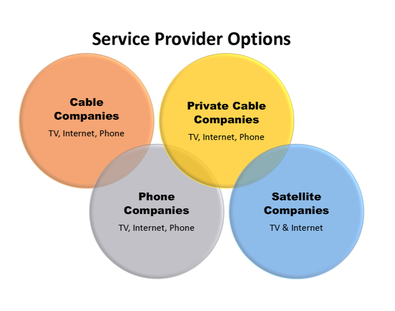Steering the Intricate Security Landscape of Virtual Computing in Multi-Unit Units
Steering the Intricate Security Landscape of Virtual Computing in Multi-Unit Units
Blog Article
Cloud-based computing has become an integral part of our everyday lives, especially in multi-dwelling units like flat buildings and condominiums. These environments often have many tenants sharing the same online connection and digital resources. While cloud computing offers many advantages, such as simple access to data and applications, it also introduces unique security challenges. Comprehending these challenges is crucial for inhabitants and property managers to guarantee that their data stays safe and secure.
One of the main concerns in multi-dwelling units is the threat of unauthorized access to confidential information. When multiple users share the same connection, it can be easier for cybercriminals to breach the system. This is especially true if the system is not properly secured. Residents should be cognizant of the importance of using strong passwords and activating two-factor authentication whenever feasible. Property managers can also assist by ensuring that the property's Wi-Fi network is secured with encryption and frequently updated security protocols.
Another significant issue is information privacy. In a shared environment, personal information can be more exposed to breaches. For example, if one tenant's device is hacked, it could potentially expose the data of fellow residents on the same network. To mitigate this threat, residents should be careful about the information they share online and be aware of the applications they use. Additionally, property managers can establish policies that encourage safe internet practices among residents, such as regular workshops on online security awareness.
Cloud computing providers also have a vital role in maintaining security in shared units. These providers are accountable for protecting the information stored in their systems. It is important for residents and property managers to choose reputable providers that emphasize safety measures, such as information encryption and regular security audits. By choosing reliable cloud solutions, users can reduce the risk of data breaches and ensure that their data is handled with caution.
Finally, ongoing education about cloud security is crucial for all parties involved. As tech evolves, so do the methods used by cybercriminals. Regular training sessions and updates on the latest safety practices can help residents and building managers remain informed. By cultivating a culture of safety awareness, multi-dwelling units can create a safer digital space for all tenants. In conclusion, while cloud computing offers see this website many advantages, it is essential to navigate its intricate safety landscape diligently to safeguard individual information and maintain a secure living space.